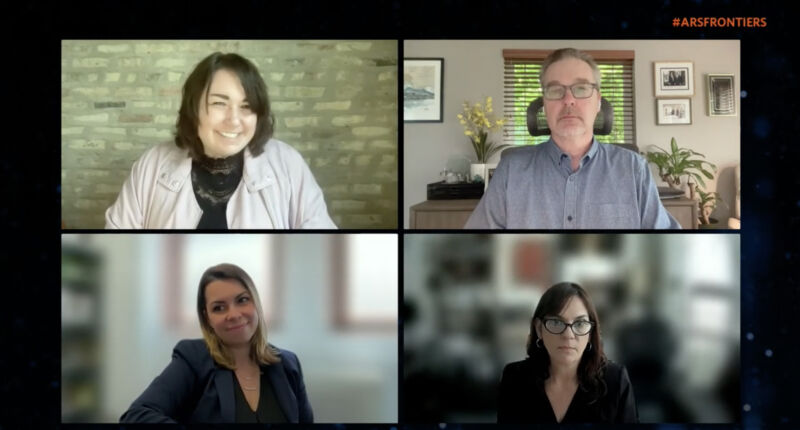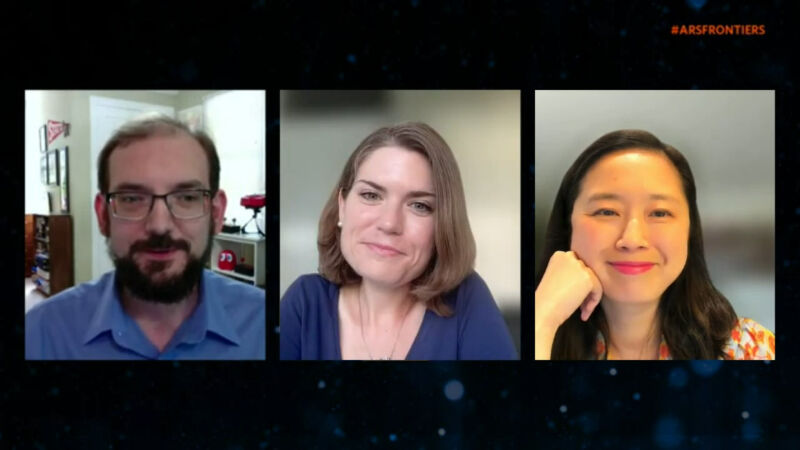-
 chevron_right
chevron_right
Pandemic lessons: More health workers, less faxing—an Ars Frontiers recap
news.movim.eu / ArsTechnica · Friday, 2 June, 2023 - 22:31 · 1 minute
Our panel on pandemic lessons included Dr. Jennifer Nuzzo (center) and Dr. Caitlin Rivers (right).
In many ways, modern advancements stole the show in the COVID-19 pandemic. With unprecedented speed, researchers decoded and shared the genetic blueprints of SARS-CoV-2. They developed highly effective, safe vaccines and treatments. Near real-time epidemiological data were at people's fingertips, and global genetic surveillance for viral variants reached unrivaled heights.
But while the marvels of modern medicine and biotechnology wowed, the US struggled with the basics. Health departments were chronically underfunded and understaffed. Behind slick COVID-19 dashboards, health workers shared data in basic spreadsheets via email—and even fax machines. Long-standing weaknesses in primary care deepened health inequities. And useful pandemic prevention tools, like masks, became maligned in the disconnect between communities and local health departments.
At our Ars Frontiers conference this year, I virtually sat down with two leading experts in pandemic preparedness, who talked through these takeaways from the COVID-19 pandemic. I spoke with: Dr. Jennifer Nuzzo, the director of the Pandemic Center and a Professor of Epidemiology at Brown University’s School of Public Health, and Dr. Caitlin Rivers, a senior scholar at the Johns Hopkins Center for Health Security and founding associate director of the Center for Forecasting and Outbreak Analytics at the Centers for Disease Control and Prevention.



